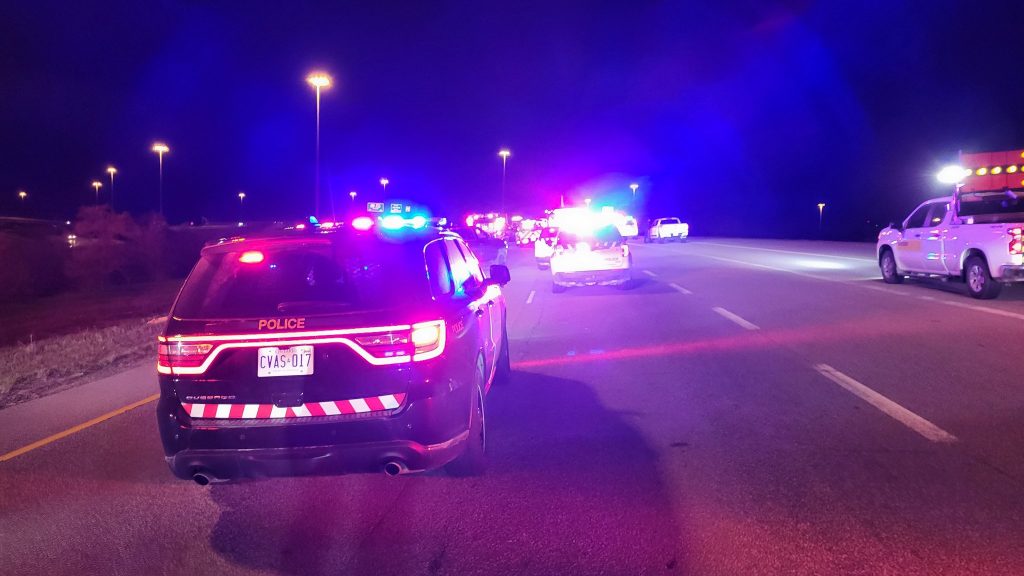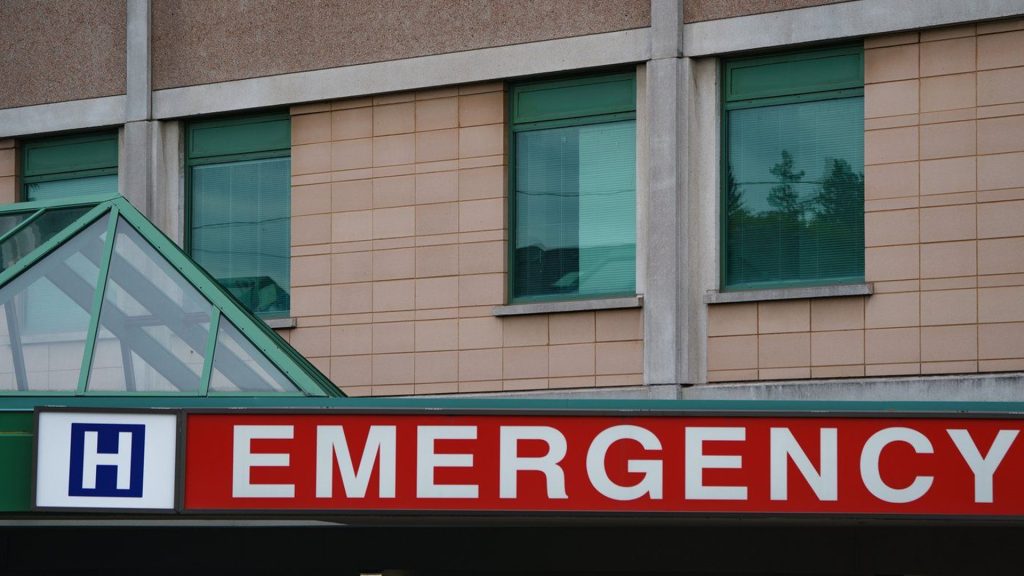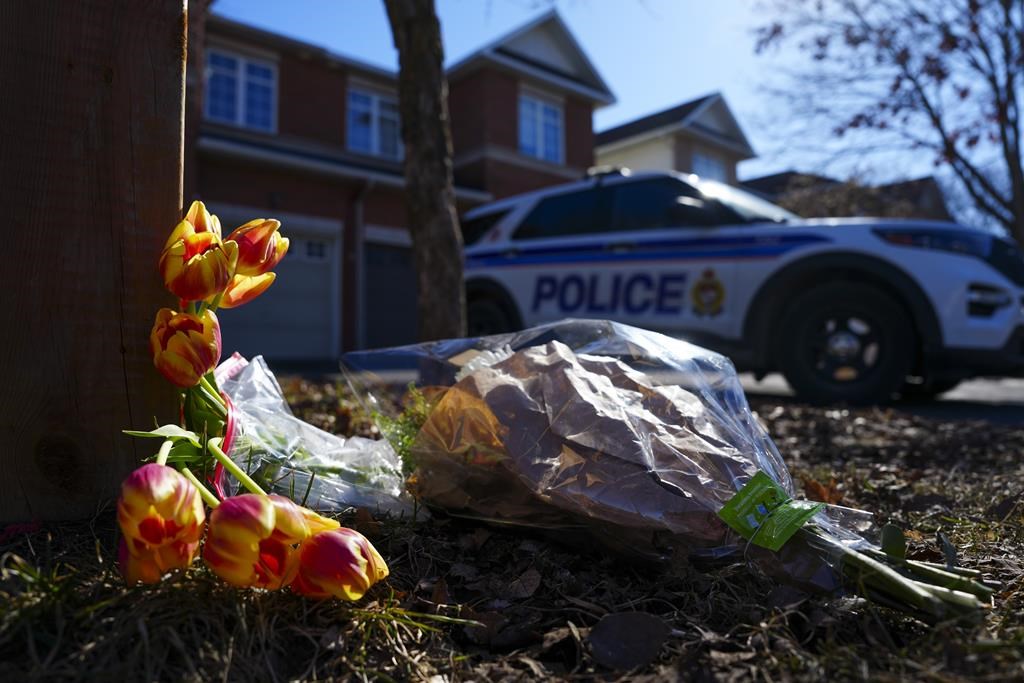Racism is also a public health threat: Ottawa Public Health
Posted Jun 5, 2020 08:00:00 PM.
Despite COVID-19 risks and the current restrictions on public gatherings, the capital's public health officials didn't tell people to stay away from a downtown anti-racism march. Instead officials told them to take precautions, during and after, in order to stay safe.
Ottawa's top doctor said that the health unit acknowledged that the anti-racism protests and overall movement was much larger than one health unit.
“We know people will show up; they will march and so it is a harm reduction method,” said Dr. Vera Etches, Ottawa's medical officer of health. “It's a one-time event, and it will make a difference if people who are showing up care for one another and do their part to wear a mask.”
Dr. Etches also urged people to find ways to express themselves other than with shouting, so as to reduce the amount of virus projected by anyone who is infected with COVID-19. After the march, she urged people to make sure they weren't bringing the virus home with them by washing their hands and anything else that may have become contaminated during the demonstration.
Ontario's current state of emergency prohibits any gathering of more than five people; critics on social media pointed to this, wondering why the anti-racism march was being allowed to go ahead.
“We have to look at many different threats to the health of our population, and racism is one of those threats,” said Dr. Etches. “We understand the need for people to have their voices heard, that racism is affecting their health and to absolutely tackle this challenge that has been with us for a long time, and which has very significant impacts on the health of our population.”
Dr. Etches also encouraged march attendees to limit their contacts with others for the 14 days after the march, and to present themselves for COVID-19 testing if they start to develop any symptoms.










